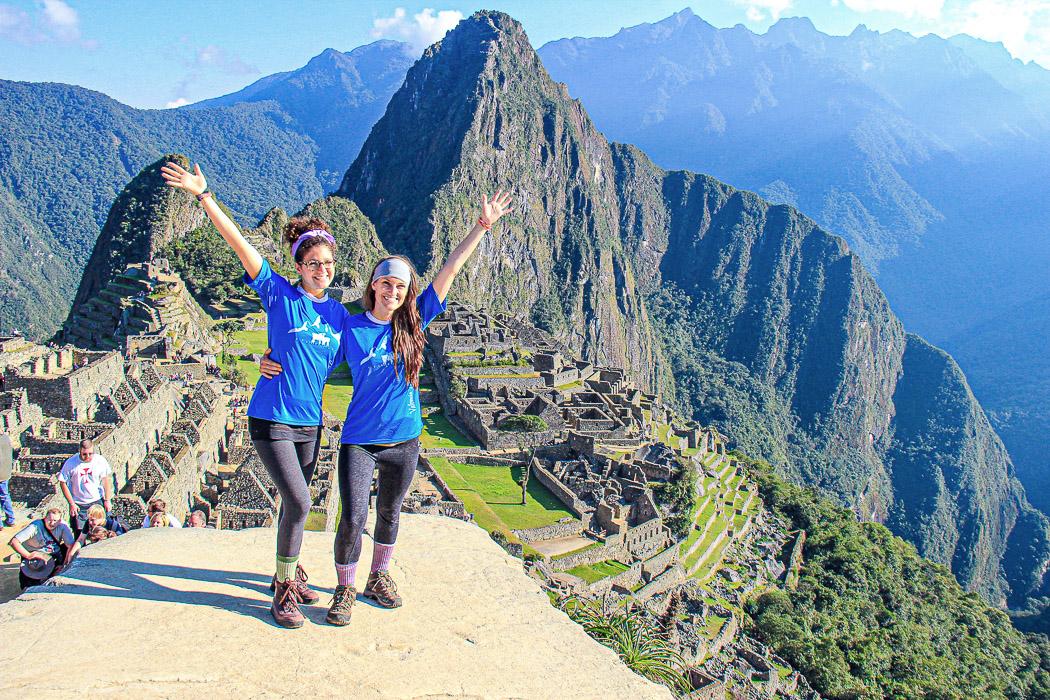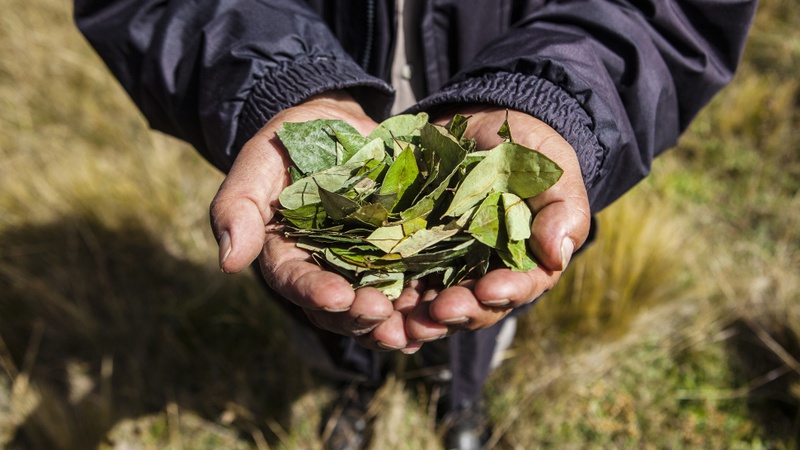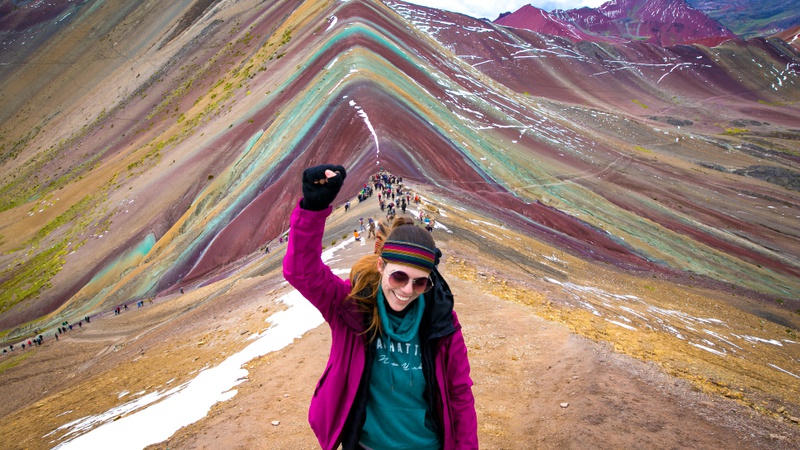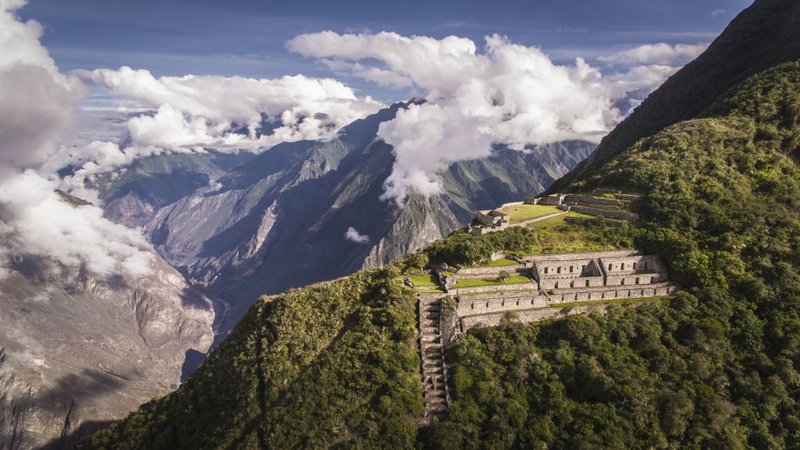
Reforestation Efforts in The Remote Communities of Cusco By Valencia Travel
Written by:Valencia Travel
Last Update: 2025-10-01
Peru attracts tourists from around the world. To visit the iconic Machu Picchu or the Incredible Amazon Rainforest, this South American country is a popular destination for travelers on Peru vacation packages. As travelers, we have a responsibility to protect the natural wonders of Peru and support the communities that call them home. At Valencia Travel Cusco, we’ve taken this commitment to heart, focusing on sustainable practices that benefit both the environment and local livelihoods.
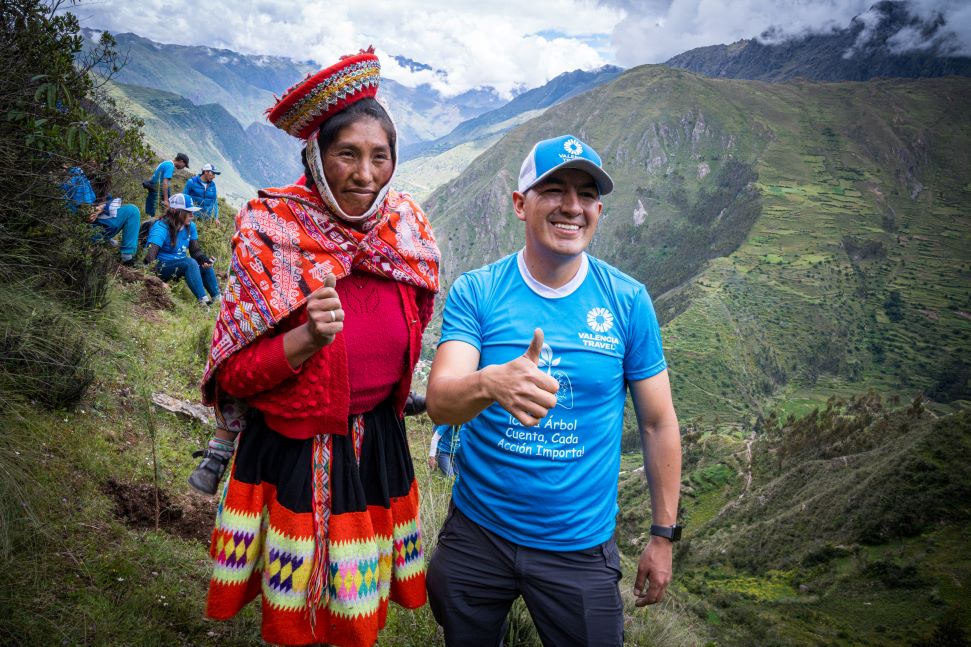
The Amaru Community
At Valencia Travel, we take our commitment to sustainability seriously. This year, we focused on reducing CO2 emissions through a tree planting initiative in two indigenous communities of Cusco. The Ruqqa Ayllu in Willoq and The Amaru in Pisac. These communities not only provide essential services but are also home to some of our porters.
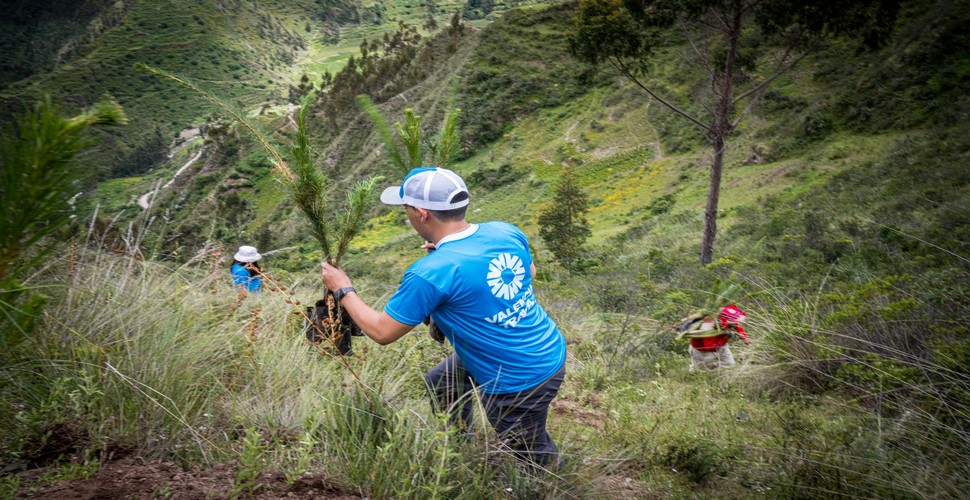
The Valencia Team at Work
Planting the Right Trees
To determine the best tree species for reforestation, we consulted with an agronomist. His recommendation was to plant Pine trees. By planting these trees on the slopes, we created an environment conducive to mushroom growth around their bases. Local community members can then harvest and sell these mushrooms, providing a new source of income. This initiative not only benefits the environment but also improves the livelihood of local community members.
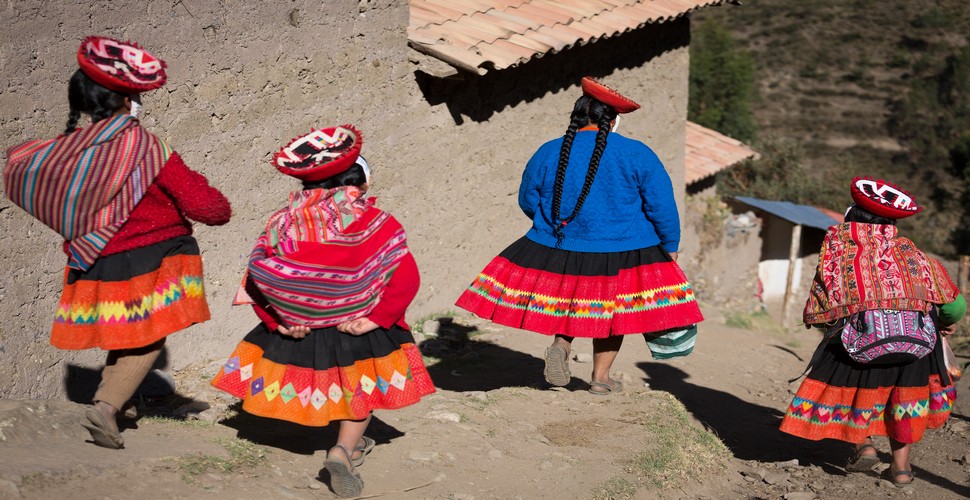
Women In The Willoq Community
Unexpected Benefits
Our efforts have yielded surprising results. Beyond promoting sustainable tourism, we’ve directly contributed to the economic well-being of the communities. Additionally, our team had incredible planting days alongside community members making the most of local interaction opportunities!
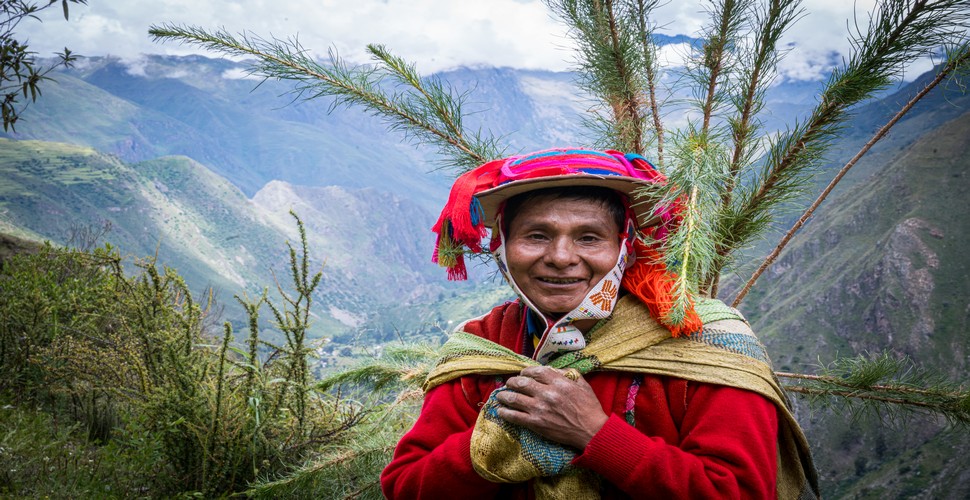
Happy Amaru Community Member
What We Learned from Planting 15,000 Pine Trees
Recently, we planted 15,000 pine trees in the Sacred Valley. While Pine is not a native tree to The Andes, it has beneficial effects to native crops and the environment.
Soil Protection
Pine trees help prevent soil erosion and landslides, creating a safer environment for locals.
Grass Growth
The trees support grass growth around them, providing valuable forage for the community.
Mushroom Cultivation
Local community members can use the mushrooms and sell organic mushrooms in the local community. This initiative benefits the environment and also improves the livelihood of the local community.
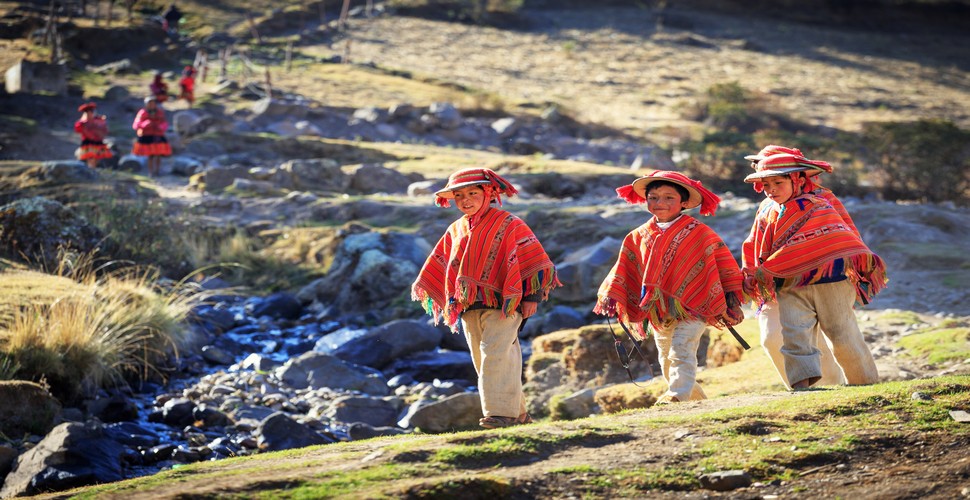
Future Generations
By sharing these sustainable activities with tourists, we hope to inspire more responsible travel and foster appreciation for the local culture and environment.
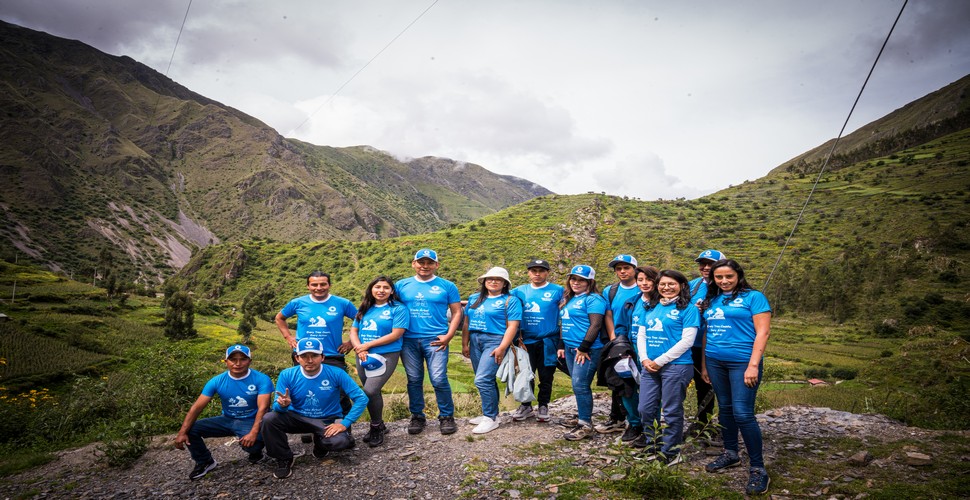
Our Valencia Travel Cuscp Team!
Our commitment to sustainability in The Andes of Peru extends beyond business. We make a promise to the land, the people, and future generations. By promoting responsible tourism and supporting local communities, we hope to contribute to a brighter, greener future for Cusco and beyond. Our passengers love the idea of participating in our positive actions, offering a unique and meaningful experience for both the communities they visit and themselves. We believe it is appropriate to share this good practice with you so that these positive actions can be replicated across our tourism activities, wherever we are, caring for our entire production chain.
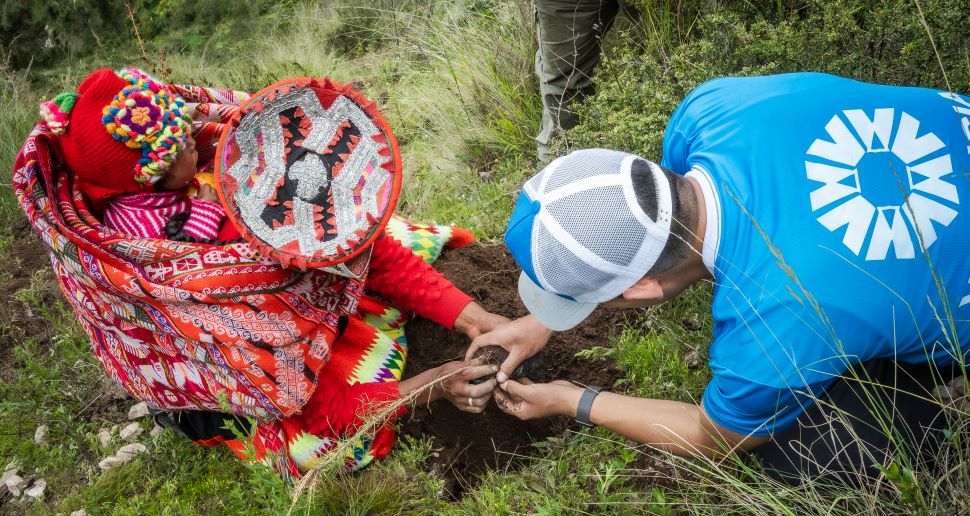
Collaboration Is Everything!
We share these learnings to collectively contribute to the well-being of our planet and the communities we value. As a link within this great chain of wills that makes tourism possible, we do responsible, conscious, and committed tourism with the local and global community.
Hopefully, our experience will be helpful to many other people in search of the general sustainability of all the productive chains and the forms of consumption that build sustainable tourism.
 Aventure
Aventure
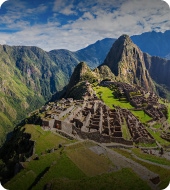 Cultural
Cultural
 Gastronomy
Gastronomy
 Wellness
Wellness
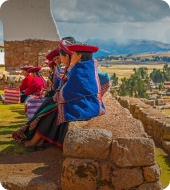 Local Living
Local Living
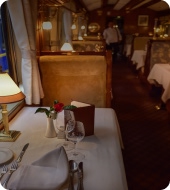 Luxury
Luxury
